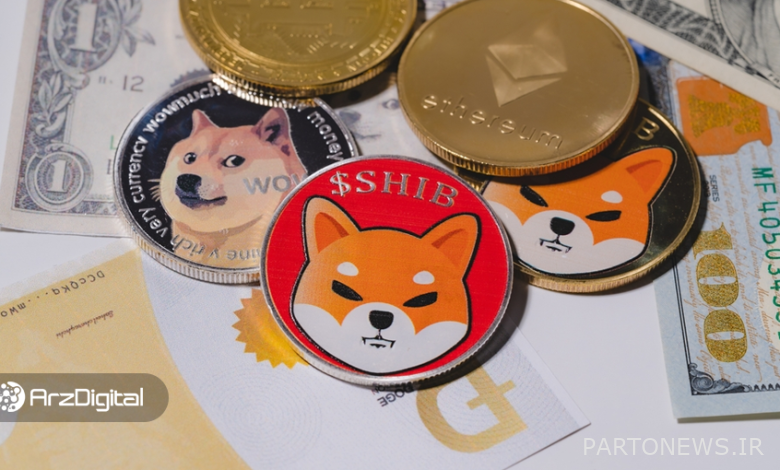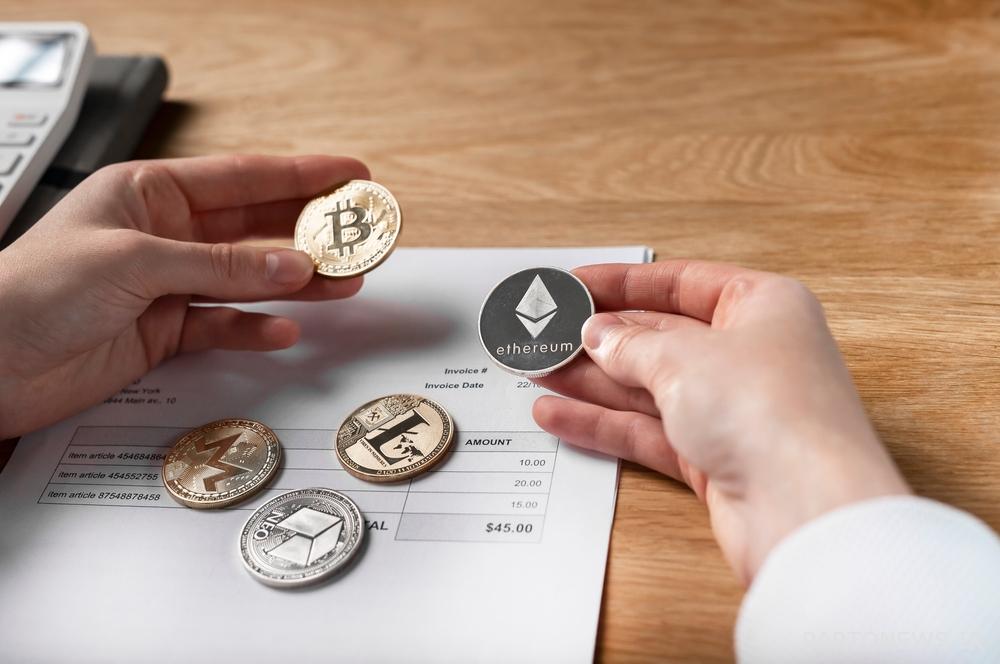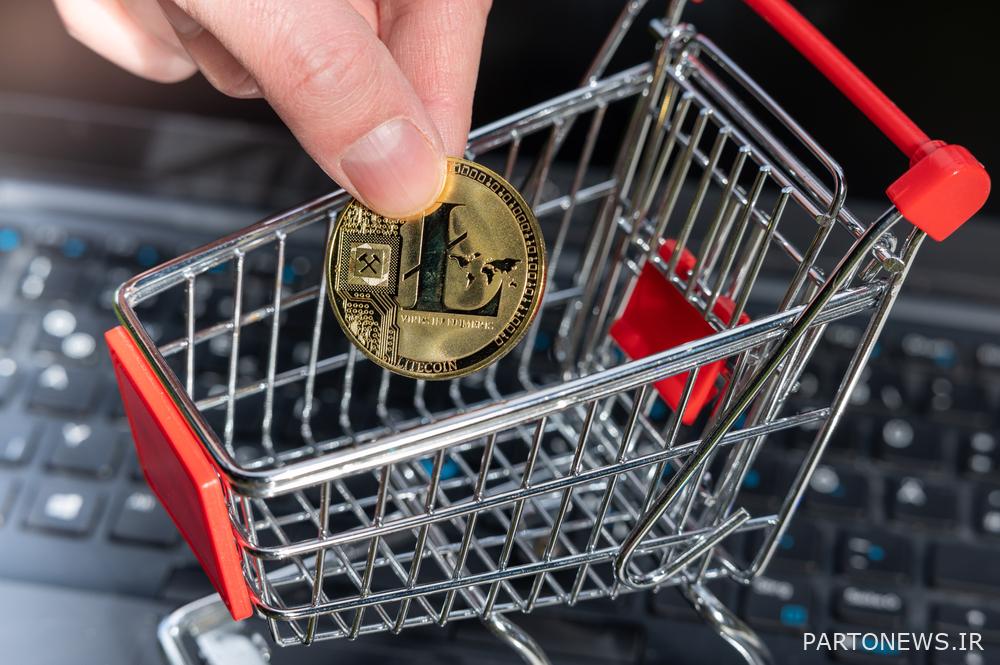What is an altcoin? Everything you need to know

Altcoin (which means alternative coin) is any digital currency that was released after Bitcoin.
In this article, we explain exactly what altcoins are and how they differ from Bitcoin. Also, we will have an overview of the points that you should consider before buying altcoins and investing in them.
What is an altcoin?
Altcoin (altcoin) is a term to refer to all digital currencies that were introduced after Bitcoin.
According to website data Coin Market CapCurrently, more than 22,000 altcoins are traded in the digital currency market with different names and symbols.
Some famous altcoins in the market are:
Litecoin is the oldest altcoin in the digital currency market that is still traded. This digital currency was introduced in 2011 as a cheaper and faster alternative to Bitcoin.
However, the largest altcoin in the cryptocurrency market right now is Ethereum, which has the largest market capitalization after Bitcoin.
The term altcoin (alternative coin) comes from the fact that, in general, the digital currencies that came after Bitcoin called themselves Alternatives They knew better, and each tried to use the main features of the king of digital currencies, such as decentralization and distributed ledger, to provide a better version.
What is the difference between altcoins and bitcoin?

The success of Bitcoin as the first decentralized digital currency made many developers think of presenting their own projects and digital currencies. They generally pursued one of two main goals:
- Provide a better version of Bitcoin with general or partial changes in the Bitcoin code (such as Litecoin);
- While benefiting from the Bitcoin blockchain idea, provide a system beyond money and payment (like Ethereum).
Altcoins can be different in three ways:
- Target: While Bitcoin is supposed to be a decentralized money and payment system, many other digital currencies have a different purpose. For example, some altcoins like Ethereum seek to decentralize not only money but also other processes, or some altcoins like Polygon focus on scalability.
- technology (infrastructure): Altcoins generally seek decentralization and the use of distributed infrastructure technologies such as blockchain; But in order to achieve their diverse goals, they may use different technologies and infrastructure; For example, Ethereum also uses blockchain; But it has a different infrastructure to better support smart contracts.
- Market indicators: Of course, altcoins are different in indicators such as market symbol, market value, market price, etc. It should not be forgotten that, like Bitcoin, the principle of supply and demand is also true for these digital currencies and ultimately determines the prices.
Investing in altcoins; high profit potential; But very risky

For those who want to diversify their investment portfolio, investing in altcoins can be a great opportunity, and it may not make sense to limit the world of digital currencies to Bitcoin.
For example, according to the available data, logic dictates that we must pay attention to Ethereum, the second largest digital currency in the market, in our capital portfolio.
However, without exaggeration, no future can be imagined for more than 80% of altcoins, and sometimes they are fraudulent projects that have no purpose other than to fill the pockets of the development team.
A few points that you should consider before investing in altcoins:
- Altcoins generally experience more extreme volatility; For example, if the price of one of them goes up and down by 50% in a month, it is not surprising;
- For some altcoins, it is more likely that they will never reach their initial price and will gradually lose attention and be destroyed;
- About some unknown and unreliable altcoins, the liquidity is so low that once you buy, you may never be able to sell again.
If we want to summarize what has been said, altcoins can diversify investment and help it grow further; But let’s not forget that investing in Bitcoin alternatives is generally more risky and thorough and detailed research is necessary before any investment.
How to invest in altcoins?

The process of investing in altcoins is similar to buying and investing in Bitcoin:
1. Install a digital currency wallet: Before buying and investing in altcoins, you need a place to store them. The most popular wallet for storing altcoins, which is also free: TrustWallet.
2. Visit a digital currency exchange: A digital currency exchange is a platform (site or application) where digital currencies are traded. Digital currency trading is offline. Just search “buy digital currency” in Google to get acquainted with a large number of local sites and exchanges.
3. Foreign exchange for more professional transactions: To start, it is better to use Iranian sites; because activity in foreign exchanges carries the risk of sanctions and asset blocking; But the internal exchange does not support all digital currencies; So, once you gain experience, you can use foreign exchanges like KuCoin to trade a wide range of altcoins.
4. Register in the exchange: Register and create an account in an online digital currency exchange. On internal platforms, you must authenticate with your identity documents. The whole process of creating and completing the account is done offline and online.
5. Deposit money to the exchange: If you use a domestic exchange, top up the exchange account with your bank card. If you use a foreign exchange, you can buy Tether or other digital currencies from domestic sites and top up your account by depositing it to the foreign exchange.
6. Purchase and transaction: Select the desired digital currency in the “Markets” section and buy it with a few simple clicks.
7. Withdrawal to walletAre you planning to invest for the long term? It is better to withdraw your altcoins to a personal wallet to avoid the possible risks of exchanges.
Answers to some frequently asked questions about altcoins
All digital currencies that came after Bitcoin are called altcoins. Altcoins are different from Bitcoin in terms of purpose, technology and market (price, etc.).
Altcoin comes from the word “alternative coin” and literally means “alternative coin”. Any digital currency except Bitcoin is called altcoin.
It depends on the altcoin. If invested in an altcoin that has a bright future, there is a decent profit potential. However, don’t forget that over 80% of altcoins have no future.

